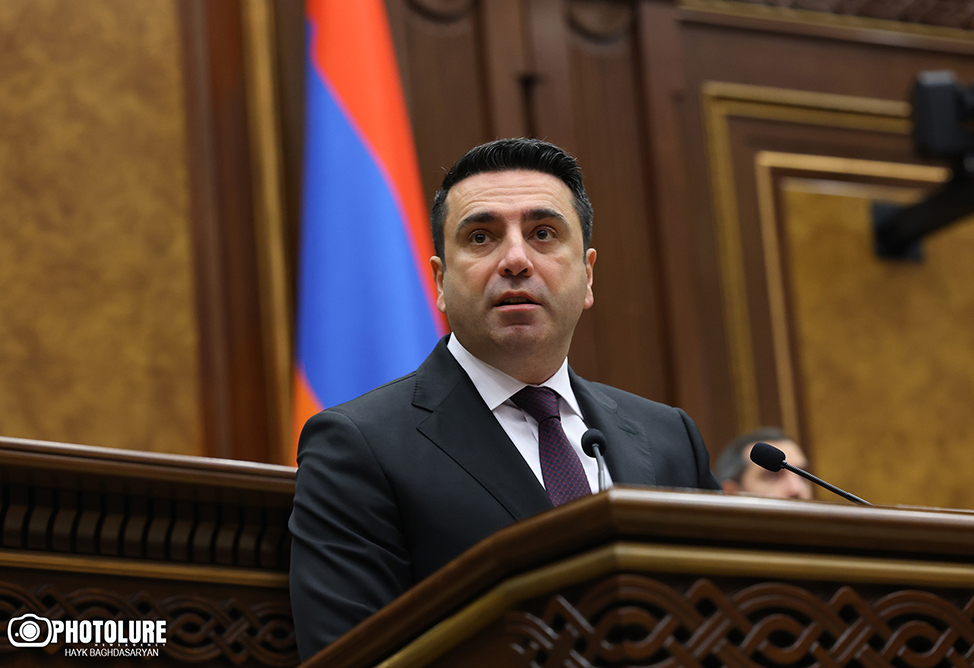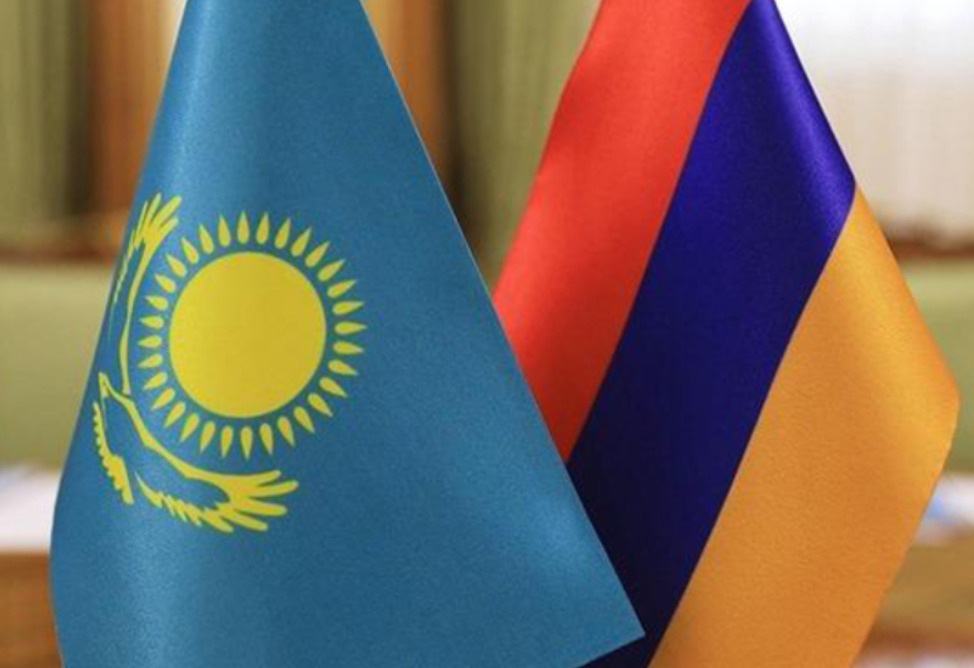Alen Simonyan: Armenian Genocide is a Deep Wound in History

YEREVAN, April 24. /ARKA/. The Armenian Genocide is a deep wound in history that still speaks with the voice of justice, said Speaker of the National Assembly of Armenia Alen Simonyan.
“Our commitment is to build a united, strong and peaceful Armenia, based on the lessons of the past and aimed at a stable future. We do not forget what happened, but we do not want memory to be only a source of pain and sorrow - it should make us more determined and far-sighted in our future steps,” Simonyan said in a message on the occasion of the 110th anniversary of the Armenian Genocide.
According to him, “April 24 is one of the most difficult and sad days of our national memory, on this day we honor the memory of one and a half million innocent Armenians who became victims of genocide just because they were Armenians.”
"We bow our heads in memory of all those who perished and once again commit to defending our statehood, valuing peace and ensuring a dignified future for our generations," Simonyan noted.
About the Armenian Genocide
The Armenian Genocide of 1915 is the first genocide of the 20th century. Turkey traditionally denies accusations of the mass extermination of more than one and a half million Armenians during the First World War and reacts extremely painfully to criticism from the West on the issue of the Armenian genocide.
The fact of the Armenian Genocide is recognized by many states and a number of authoritative international organizations. The first country to recognize the Genocide in 1965 was Uruguay, followed by Cyprus, Russia, Greece, Canada, the Chamber of Deputies of Italy, Lebanon, Belgium, France, Paraguay, Argentina, Sweden, Bolivia, Great Britain, Holland, Slovakia, Germany, Lithuania, Venezuela, Poland, Chile, Switzerland, Brazil, Luxembourg, Austria, the Vatican, the Czech Republic, Denmark, Portugal, as well as the provisional government of Libya, 49 states and both houses of the US Congress, Syria, the European Parliament, the World Council of Churches.



